#A Tale of Two Cities
Explore tagged Tumblr posts
Text
“I wish you to know that you have been the last dream of my soul.”
Charles Dickens, A Tale of Two Cities, 1859
2K notes
·
View notes
Text
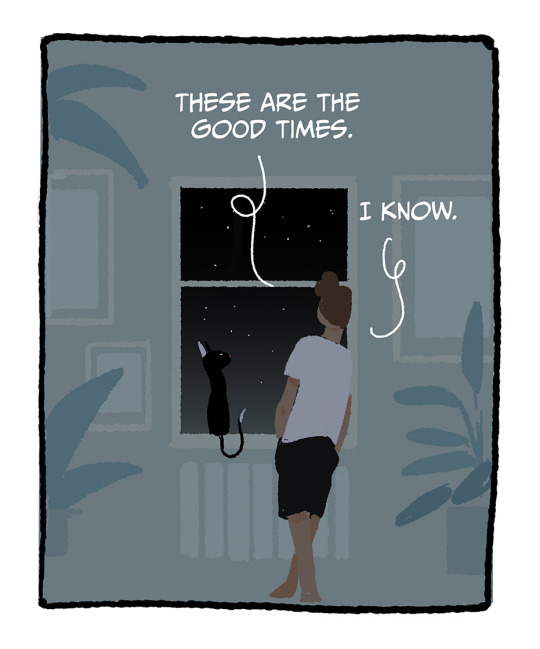
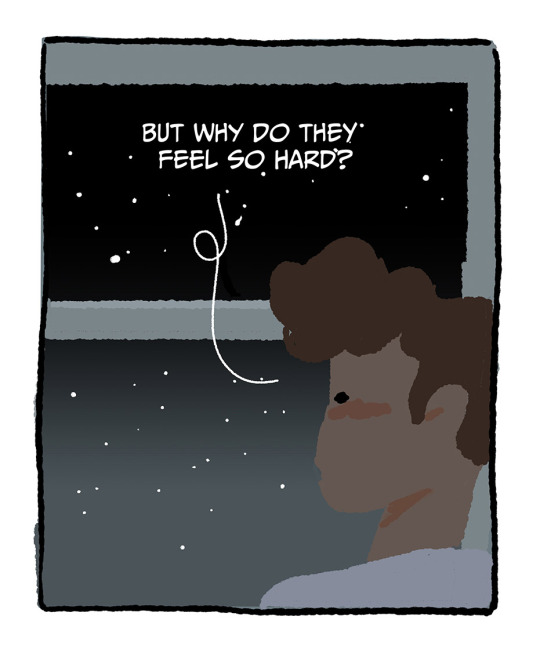
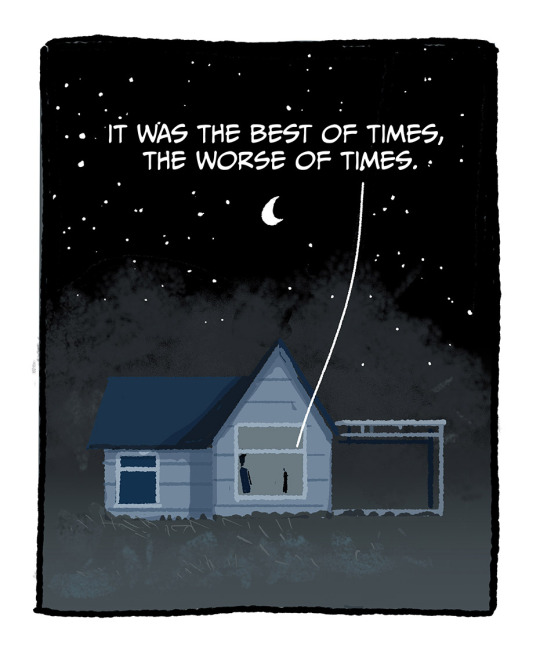

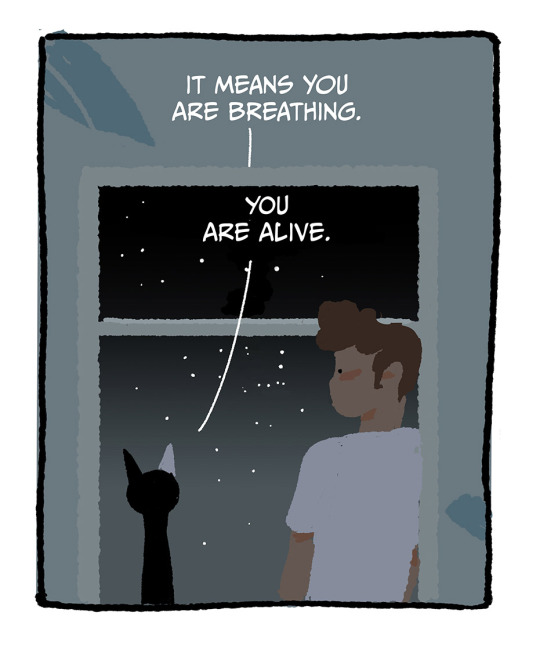
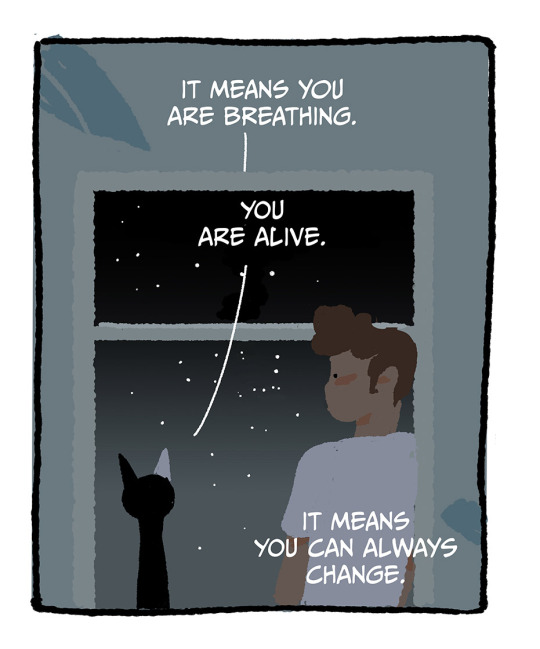
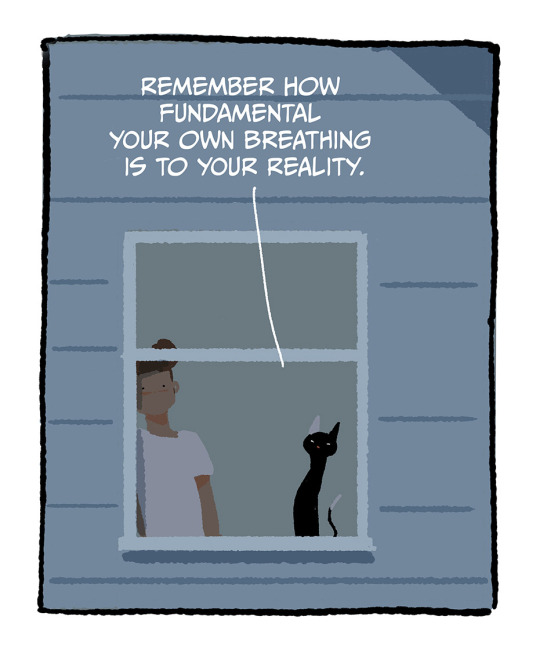
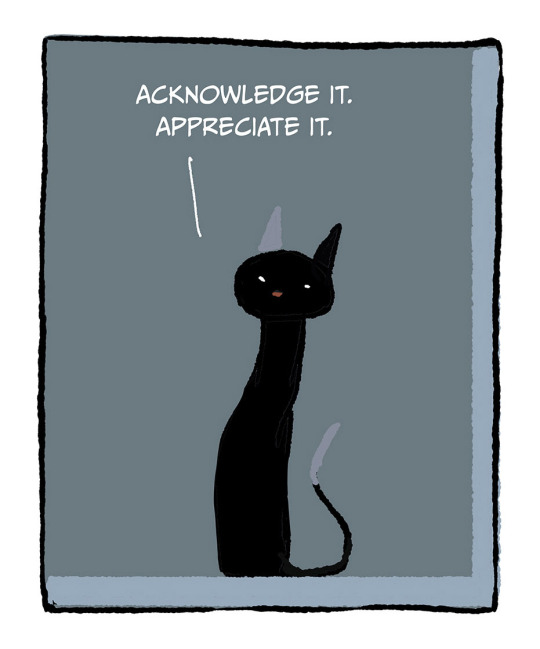

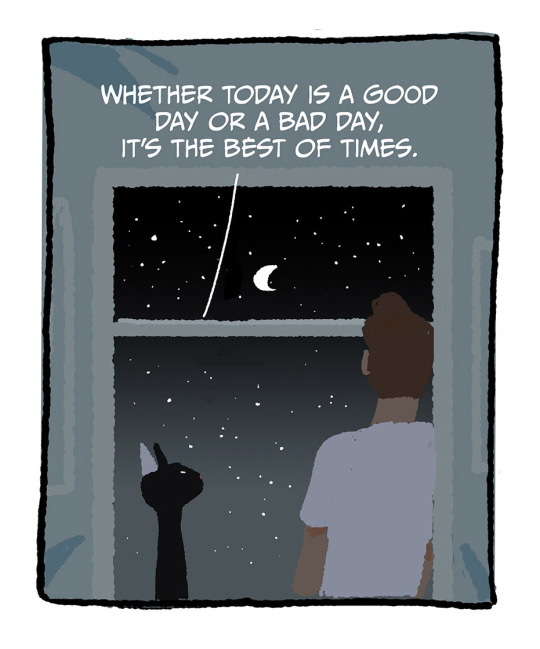

Late night thoughts With a little help from Dickens
591 notes
·
View notes
Text
#mark twain#robert louis stevenson#louisa may alcott#kate chopin#hg wells#leo tolstoy#fyodor dostoevsky#emily bronte#charles dickens#jane austen#bram stoker#mary shelley#war and peace#the time machine#the brothers karamazov#frankenstein#pride and prejudice#little women#dr jekyll and mr hyde#the awakening#wuthering heights#a tale of two cities#dracula#classic#literature
45 notes
·
View notes
Text
I am going to [remembers suicide jokes badly impact my mental health] get guillotined in place of my unrequited love's husband.
#A Tale of Two Cities#Sydney Carton#Atotc#Charles Dickens#Dickens#Guess who is reading ATOTC for the first time.
124 notes
·
View notes
Text

'It was the best of times, it was the worst of times...'
There are two weeks to go until we begin our serialisation of A Tale of Two Cities! Learn more about how it works and how to join in with us below.

What is A Tale of Two Cities about?
Tracing the private lives of a group of people caught up in the cataclysm of the French Revolution and the Terror, A Tale of Two Cities interweaves thrilling historical drama with heartbreaking personal tragedy. It vividly depicts a revolutionary Paris running red with blood, and a London where the poor starve. In the midst of the chaos two men - an exiled French aristocrat and a dissolute English lawyer - are both redeemed and condemned by their love for the same woman, as the shadow of La Guillotine draws closer...

How does this serialisation work?
The novel was originally serialised in the weekly periodical All the Year Round from 30th April to 26th November 1859, so these are the dates we will follow in 2025. New chapters will be sent out on Wednesdays, as well as on Sundays for weeks where there is a second chapter. (Week one - and only week one - has three chapters and so will also have a Friday instalment.)
All chapters will be sent directly to your inbox for you to read straight away or savour in your own time. Discussions can also be had here on tumblr at the Dickens Daily tag.
Join us at the link below!
64 notes
·
View notes
Text
Charles Dickens really went hard with A Tale of Two Cities and frankly everyone should be reading it in 2025. Because honestly he's nailing the nuance between "overly rich people hoarding wealth and status and using their power is terrible and the status quo is untenable and rightly so" and "indiscriminately killing people in a violent and bloodthirsty way to establish a regime just as oppressive in another way is also bad even if the people are downtrodden and victims of societal injustice" in a way that I do not feel anyone is doing right now and I feel like it might be a good thing if they did.
46 notes
·
View notes
Text

I will always be fascinated by old movies wardrobe department and Ronald Colman's versatility as an actor.
Big thanks to @cursemewithyourkiss for helping me with the reference photos <3
#this most probably will turn into a series#yes i'll draw that man's entire filmography#ronald colman#my art#digital art#digital painting#art#sketch#character design#character concept#silent films#character art#artists on tumblr#fanart#old hollywood#classic hollywood#vintage#vintage hollywood#1920s#1930s#the night of love#the white sister#the winning of barbara worth#a tale of two cities#classic movie#classic films
37 notes
·
View notes
Text


the way this could perfectly be jem's pov at the end of tid but it's the ending of a tale of two cities, tessas favorite book
28 notes
·
View notes
Text








- chapter 1, A Tale of Two Cities (1859) by Charles Dickens
Catch up with the first 3 chapters (sent out before today 5th May 2025), and sign up to have the remaining chapters sent to you by email, 1 or 2 chapters a week until November, following the original serialisation schedule from 1859:
#dickens daily#this is one of those memes that pops into your head and feels so obvious it's like ''surely someone must have made this before''#but you go looking and can't find it and realise you're going to have to make it yourself#it has been so long since I made a meme that I had to relearn how my image editor works#a tale of two cities#atotc#charles dickens#victorian literature#classic literature#classic literature memes
53 notes
·
View notes
Text
What your favourite Dickens novel says about you:
(bear in mind, most of these are severely vibes-based)
The Pickwick Papers: You're most likely gay and have a close group of friends. Your favourite hobby is prank calling your local pizza place. You miss Vine.
Oliver Twist: This is the only Dickens novel you've read or you just really like the musical. You feel extremely sorry for Nancy. You're really attached to your pet(s).
Nicholas Nickleby: You have a strong sense of justice. You either have a travel blog or want to have one. Despite everything you believe that people are fundamentally good.
The Old Curiosity Shop: You're the oldest sibling. You're interested in lost media because you're hoping to find that one cartoon that scarred you as a child. You believe that things aren't what they used to be.
Barnaby Rudge: You've watched at least one major 90s sitcom in its entirety. You love gossip. You call yourself "a little gremlin" unironically.
Martin Chuzzlewit: Oh wow, you exist? Good for you, good for you... You like nature and I mean REALLY like it. You're a completionist. You love Tom Pinch with all your heart.
Dombey and Son: You have daddy issues (duh). You're very lonely but too proud to admit it. You love gothic literature and movies about creepy children.
David Copperfield: You relate to Aunt Betsey an ungodly amount. You like listening to podcasts and imagining that the hosts are talking directly to you. You just love life, man, and all that it has to offer.
Bleak House: You're academically gifted. You know how to knit/crochet/cross stitch/all of the above. In every social situation you're the "mom friend".
Hard Times: You're not like the other girls. You had a steampunk phase. You like to read about famous shipwrecks in your spare time.
Little Dorrit: You love Downton Abbey and/or The Gilded Age. You prefer Jane Bennett to Lizzie. You are on good terms with your parents.
A Tale of Two Cities: You're a centrist. Biopic is your favourite genre of film. You don't like going to concerts because they are too loud.
Great Expectations: There's a good chance you've read this because of South Park. You think Estella deserved better (and you're right). You read a lot of fanfiction.
Our Mutual Friend: You like your characters to be actual characters and not caricatures. You call tell a Cabernet from a Merlot. You have many dating horror stories.
The Mystery of Edwin Drood: You've been on at least one ghost tour. You dislike BBC's Sherlock because it is unfaithful to the books. You strongly considered going to mortuary school at some point.
#charles dickens#the pickwick papers#oliver twist#nicholas nickleby#the old curiosity shop#barnaby rudge#martin chuzzlewit#dombey and son#david copperfield#bleak house#hard times#little dorrit#a tale of two cities#great expectations#our mutual friend#the mystery of edwin drood
73 notes
·
View notes
Text

Was my first Charles Dickens novel.I personally loved the setting more than the plot.
#charles dickens#a tale of two cities#litrature#booklr#book photography#books and reading#book blog#books
20 notes
·
View notes
Text
My new mints seem rather Dickensian...
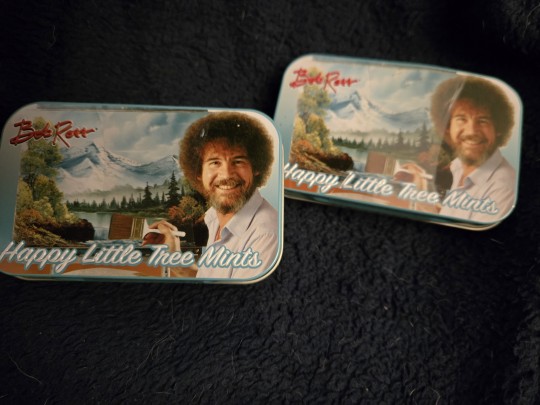
It was the best of times....

It was the worst of times...
It's a Tale of Two Mints 😉😁🤣 Sorry, I couldn't resist. I'm very corny by nature 😁😁😁
#mints#Dickens#A Tale of Two Cities#A Tale of Two Mints#corny#it was the best of times#it was the worst is times#Bob Ross#Donald Chump#happy mints#impeachmints#funny#lol#love#happiness#thank you#sharing#joy#beautiful#i like mints#tasty#tins#i collect tins#cute#laughter#giggling#tee hee hee#happy#smiling#😁😁😁
21 notes
·
View notes
Text
I was thinking about how Spock is intentionally paralleled with Sydney Carton from A Tale of Two Cities in The Wrath of Khan, and now I am unwell!
At the beginning of the movie, Spock famously gives Kirk A Tale of Two Cities as a birthday present. This book was specifically included for its themes of sacrifice and resurrection, which obviously mirror Spock’s decision to give up his life to save the crew. Notably, Kirk’s final lines reference the famous closing of the novel.
Kirk: It is a far, far better thing I do than I have ever done before... a far better resting in place I go to than I have ever known...
Carol: is that a poem?
Kirk: Something Spock was trying to tell me. On my birthday.
So what’s the importance of this line? The famous “far better thing” quote is from the book’s ending when Carton has just sacrificed himself for his beloved Lucie, giving himself up to be executed in place of her husband so that she may find happiness. (Live long and prosper, anyone?)
Interestingly, both Spock and Carton are emotionally repressed characters, and anguish over the depth of their love for the people who uniquely see them for who they are — in this case, Jim and Lucie. While I’d argue that Spock is more at peace with himself and his feelings for Jim after the events of the first movie, the point still stands that Jim is the one to truly understand him in a world that labels him as a cold and calculating being.
I believe that this is what Kirk’s line calling Spock’s soul “the most human I have ever encountered,” is supposed to represent. (Even though I agree with the criticism that it could have been worded better!) Similarly, Lucie is the one to recognize Carton’s inner nature in spite of his aloof facade, begging “I would ask you to believe that [Carton] has a heart he very, very seldom reveals, and that there are deep wounds in it.” (Book 2, Chapter 20.)
When Carton finally admits his love to Lucie, it’s hard not to see the resemblance to Spock’s dilemma in the first movie. You know, that time when Spock, in his heartbreak over something related to Jim (that were not given an explanation for), cries out “Jim! Good-bye my . . . my t’hy’la. This is the last time I will permit myself to think of you or even your name again!” before attempting to purge himself of all feelings in an ancient ritual, and failing because the Vulcan priestess can totally sense that he’s still thinking about Kirk. (Yup, that totally straight time!)
Well, Carton is in a similarly agonizing predicament, because he can’t get his feelings for Lucie to go away. He tells her, “I break down before the knowledge of what I want to say to you” and “I have had the weakness, and have still the weakness, to wish you to know with what a sudden mastery you kindled me, heap of ashes that I am, into fire—a fire, however, inseparable in its nature from myself, quickening nothing, lighting nothing, doing no service, idly burning away.” (Book 2, Chapter 13)
He also expresses that he could never separate his love for her from himself, saying that “Within myself, I shall always be, towards you, what I am now.” (Book 2, Chapter 13) Yeah, I know the fact this mirrors Spock’s famous “I have been and always shall be yours” is probably a coincidence, but I’ll be damned if I don’t mention it.
Finally, Carton expresses his love for her in his willingness to sacrifice himself for her sake: “For you, and for any dear to you, I would do anything. If my career were of that better kind that there was any opportunity or capacity of sacrifice in it, I would embrace any sacrifice for you and for those dear to you… there is a man who would give his life, to keep a life you love beside you!” (Book 2, Chapter 13.) Of course, Carton’s story ends when he sacrifices himself for her, fulfilling this promise. Hmm, now who else does that sound like?
This is definitely not a perfect parallel: Spock doesn’t start out as a lazy alcoholic, although there is an argument to be made that Carton’s low self-worth reflects Spock’s before he went on his conversion therapy fueled journey of self discovery. Additionally, I wouldn’t say that Spock’s love for Kirk is unrequited like Carton’s for Lucie, (as evidenced by many things, but I’ll primarily point to the events of The Motion Picture and The Search for Spock), but you could potentially cast Carol in the role of Darnay, Lucie’s husband.
The most important thing to glean from this is that Spock was very deliberately set up to be the Carton figure, which is interesting given that Carton’s actions are driven by his willingness to do anything to see his beloved be happy and prosper.
#spirk#k/s#the premise#kirk/spock#my post#the wrath of khan#star trek ii: the wrath of khan#star trek the wrath of khan#star trek: the original series#star trek tos#meta#analysis#I have been and always shall be yours#t’hy’la#star trek the motion picture#star trek the motion picture novelization#star trek tmp#james t kirk#tos spock#s’chn t’gai spock#a tale of two cities
132 notes
·
View notes
Text
'It was the best of times, it was the worst of times...'
Have you ever wanted to read A Tale of Two Cities in the same way as its original readers? Dickens Daily allows you to do just that by sending instalments right to your inbox at the same rate as the original serialisation!
What is A Tale of Two Cities about?
Tracing the private lives of a group of people caught up in the cataclysm of the French Revolution and the Terror, A Tale of Two Cities interweaves thrilling historical drama with heartbreaking personal tragedy. It vividly depicts a revolutionary Paris running red with blood, and a London where the poor starve. In the midst of the chaos two men - an exiled French aristocrat and a dissolute English lawyer - are both redeemed and condemned by their love for the same woman, as the shadow of La Guillotine draws closer...
How does this serialisation work?
The novel was originally serialised in the weekly periodical All the Year Round from 30th April to 26th November 1859, so these are the dates we will follow in 2025. New chapters will be sent out on Wednesdays, as well as on Sundays for weeks where there is a second chapter. (Week one - and only week one - has three chapters and so will also have a Friday instalment.)
All chapters will be sent directly to your inbox for you to read straight away or savour in your own time. Discussions can also be had here on tumblr at the Dickens Daily tag.
Join us at the link below!

55 notes
·
View notes
Text
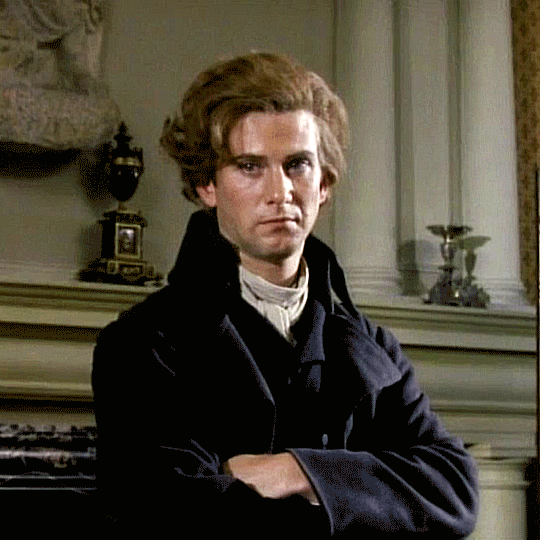
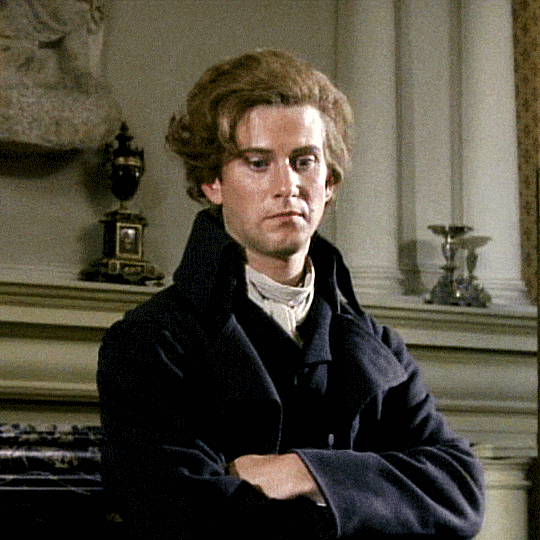
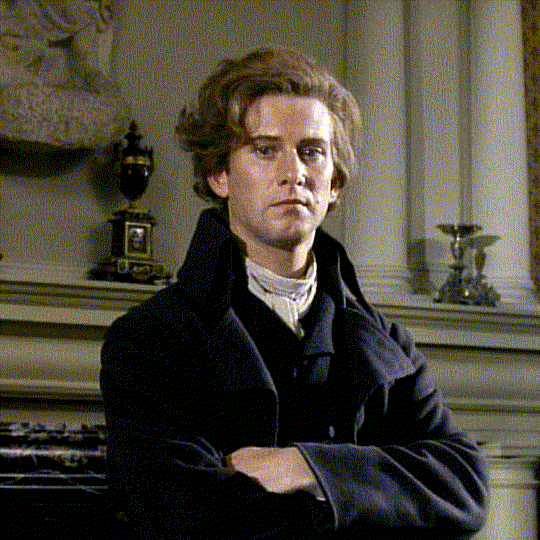
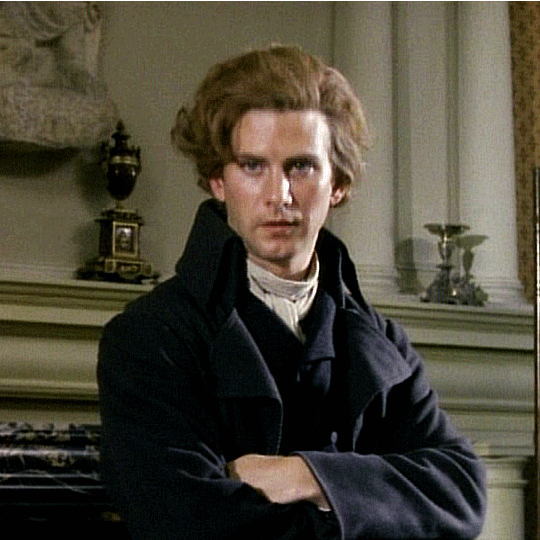
James Wilby as Sydney Carton in “A Tale of Two Cities” (1989)
44 notes
·
View notes